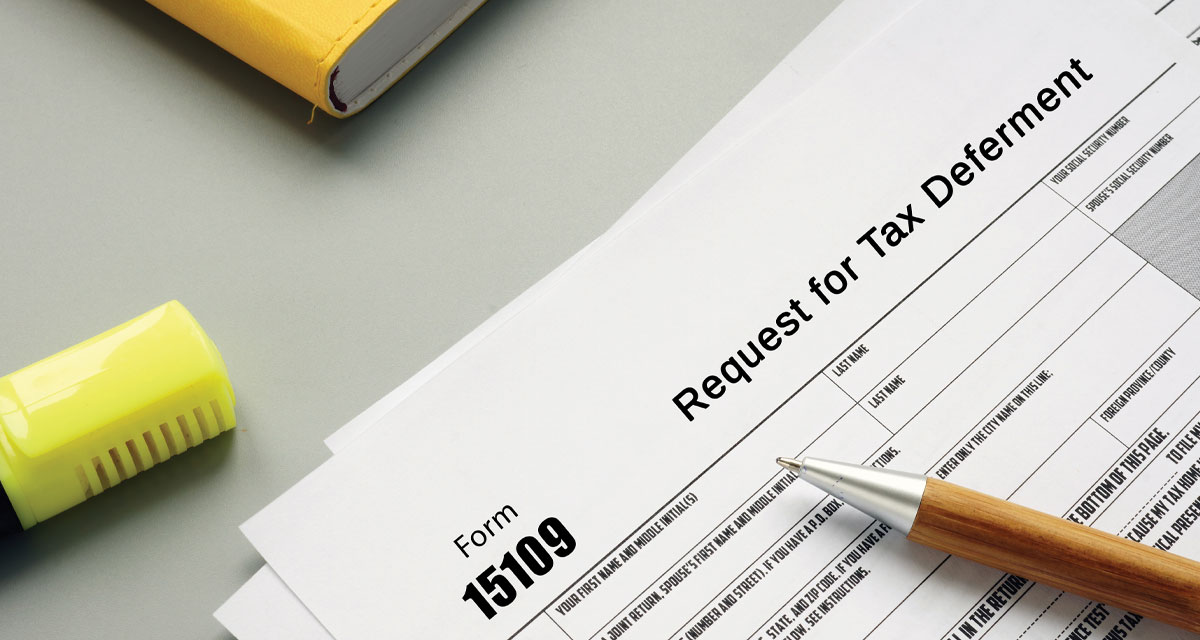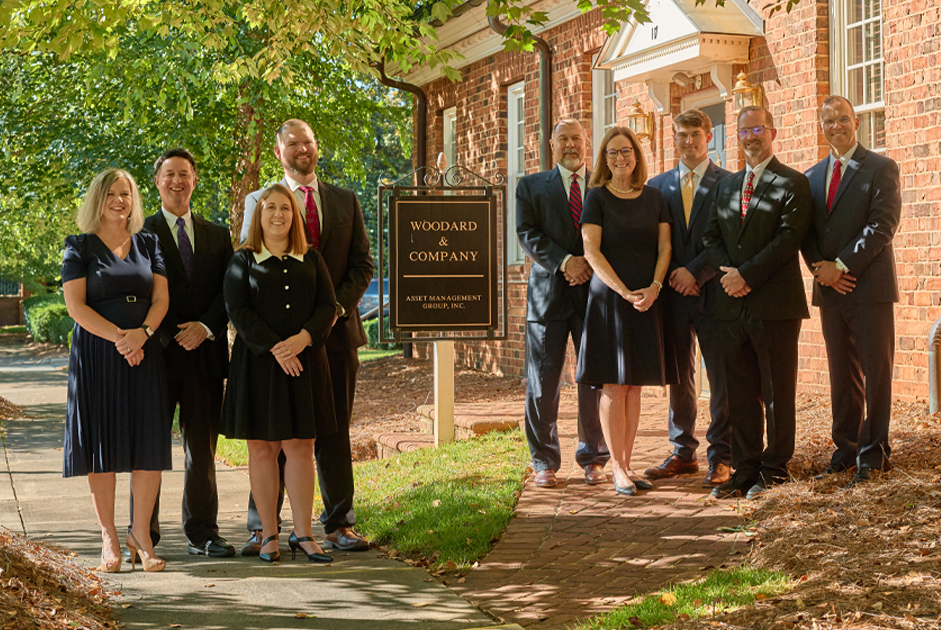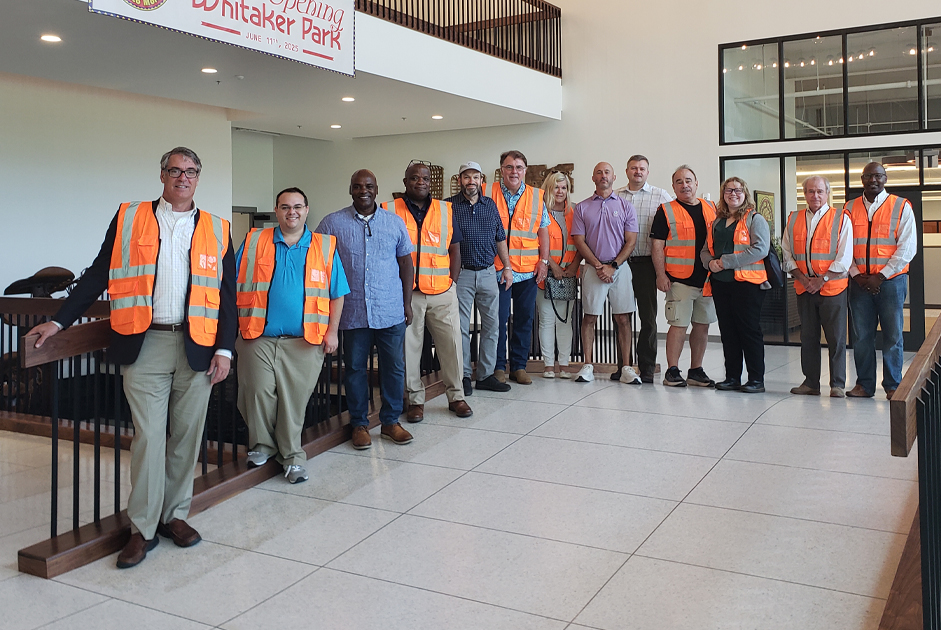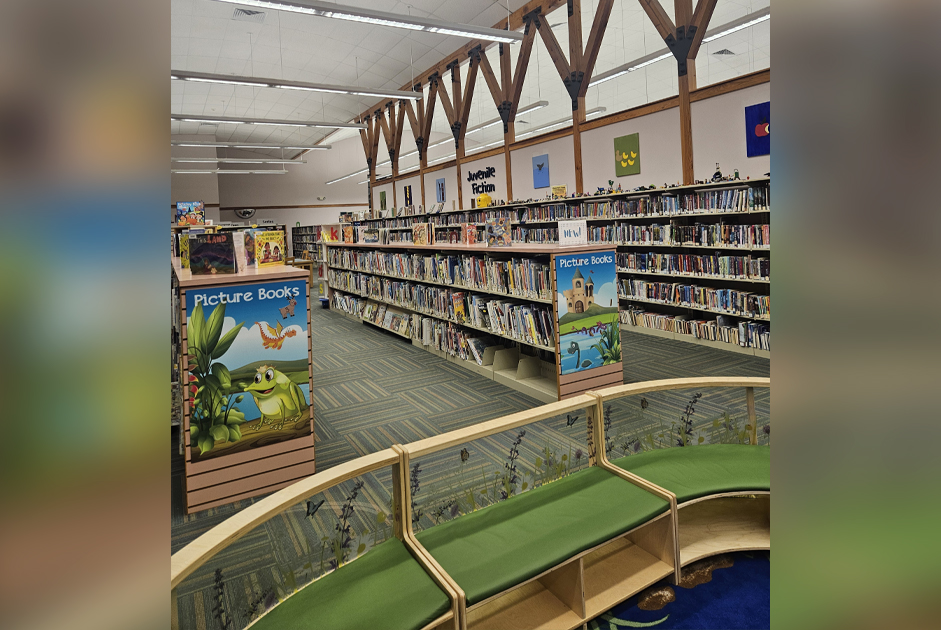Welcoming in 2022 may open the door for property tax exemptions! Before thinking this fantastic opportunity couldn’t possibly benefit you, wait! North Carolina has programs to assist all residents in a low, fixed income, disabled, or rated as a disabled veteran, while each of the 100 counties offers specialized programs for private and public landowners. Application deadlines occur in June and December; therefore, you have time to research, plan and apply for an exemption, lowered tax value or deferment. It takes a few minutes to determine whether you qualify; so, start today by making a phone call or researching the applicable programs available to you!
Forest Service Land Management Program
The Forest Development Program, FDP, offers a reforestation and forest stand improvement program to landowners who own a minimum of 10 acres. The program aims to help landowners understand the type of trees, healthy or sickly, native or invasive, growing on their property; then, with the guidance of the FDP, homeowners can proceed by planting seedlings or eliminating damaging species to establish healthy forests. If interested, don’t hesitate to contact your local forest service to schedule a land management consultation and determine eligibility for a tax deferment. Fees are $5 per acre.
Present-Use-Value Deferment Program
Landowners who receive an income from raising livestock, growing crops or timber pay a tax liability based on the size of the tract and proportion of their land. The “Present-Use-Value,” PUV, allows an eligible agricultural property to be taxed at its farming value rather than its market value. Qualifications include a minimum of five acres applied to horticulture use, 10 acres of agriculture, 20 acres for timber production and up to 100 acres for wildlife habitats. A land management plan is essential to determine eligibility; therefore, interested individuals should contact N.C. Division of Forestry to learn more about receiving tax relief.
Community Conservation Assistance Program
CCAP is an incentive-based program designed to improve water quality in urban, suburban and rural soil and water conversation districts not directly connected to agriculture. All private and public-owned lands, including homeowners, schools, parks, churches and community groups, can receive educational, technical and financial assistance. Interested Forsyth County landowners can contact Soil and Water Conservation to ask questions and receive an application.
N.C. Tax Relief Programs
Three programs extend to qualified homeowners who live in a permanent residence. Contact your local county tax office to learn additional details and submit an application by its deadline on June 1st.
- Elderly or Disabled Exclusion: Available for individuals 65 years of age or permanently disabled with an income totaling $27,100, the program excludes the first 50% or 25,000 from taxation. Unmarried or joint property owners can apply separately, receiving benefits based on their percentage of ownership. Once accepted into the program, awarded members do not need to reapply unless income or status changes.
- Circuit Breaker Tax Deferment Program: This program is offered to homeowners in residence for a minimum of five years, 65 years old or permanently disabled with an income totaling $40,650 annually. Taxes are based on the percentage of the owner’s income, not exceeding five percent, and deferred, implying delayed until a disqualifying event occurs. Eligibility is maintained unless the owner no longer uses the home as a residence, dies or sells the property. All participants must file an annual application with the Circuit Breaker Tax Deferment Program.
- Disabled Veteran Exclusion: Honorably discharged, disabled veterans or their unmarried, surviving spouses can receive a property tax reduction. Not limited by age or income, the program excluded the first $45,000 of the home’s appraised value if the disability or housing modification is service-connected.
Start researching today about North Carolina’s tax deferment programs in your county. You’ll be amazed at the many ways North Carolina is helping homeowners answer the question, “How can we continue to live on our property?” or “Where can we find better management practices?” N.C. State Cooperative Extension offices and N.C. Forest Service offers free or a minimal fee consultation to improve your land and goals!



















